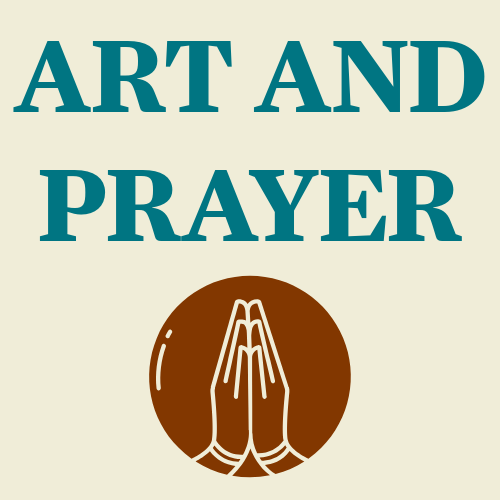Praying with Yervand Kochar's "De Profundis"
Have you ever prayed from the depths of your soul? Yervand Kochar’s De Profundis gives shape to our cries of anguish, echoing the psalmist’s lament: “Out of the depths I cry to you, Redeemer.” In the shadows and in the light, we discover that even our deepest prayers are heard.
Psalm 130
There are moments in life when we find ourselves overwhelmed—moments when all we can do is cry out to God from the depths of our souls. Yervand Kochar’s painting De Profundis gives shape to that cry. Its title, drawn from Psalm 130, points us toward the anguish of being submerged in pain, yet still lifting our voice in prayer: “Out of the depths I cry to you, Redeemer.”
Kochar’s work captures the tension of that prayer. The figure is bent, confined, almost imprisoned within the canvas. Its contorted posture, head bowed and hands folded, echoes the posture of Christ in Gethsemane, pleading with God in the night. The dark, empty background conveys both isolation and vulnerability, while the figure’s nakedness strips away all pretense. Here, suffering is not hidden—it is laid bare before God.
And yet, even in the darkness, there is light. Shadows stretch across the body from a source above. Is it the faint light of a prison window? A glimmer of dawn breaking through despair? Or the light of the Divine, reminding us that God’s presence is not absent even when we feel forsaken? For those willing to pause, Kochar’s painting raises the same questions we carry into prayer: Where is God in my suffering? Does God hear my cries?
The psalmist assures us that with God there is forgiveness, hope, and steadfast love. Walter Brueggemann reminds us that prayer itself is a refusal to settle for what is—that our cries become protests against despair. To bring our pain, fear, and longing before God is not weakness but honesty. It is faith that God’s ears remain attentive, even when the silence feels unbroken.
As you sit with De Profundis, you are invited to bring your own cries to God. Let the contorted figure become a mirror of your own burdens, and let the faint light remind you that you are never fully abandoned. Out of the depths, we cry—and out of the depths, God responds with mercy, forgiveness, and presence.
